Neurosurgery is a department that offers surgical services for the diagnosis, prevention, and neurological rehabilitation of disorders affecting the nervous system, which includes the Brain, the spinal cord, peripheral nervous system, and cerebrovascular system. People with Acute Spinal Cord Injury, Cerebral hemorrhages, Spinal cord injuries, Traumatic brain injuries, Brain Tumors, Ataxia, Bell’s palsy, Parkinson’s Disease, encephalitis, epidural abscess, Vascular Aneurysm and Meningitis are referred to the nearest Neurosurgeon.
Neurosurgical intervention may be required for a variety of neurological conditions. Common symptoms that may indicate the need for surgery include:
If you experience any of these symptoms, seeking expert neurosurgical advice is essential to determine the best course of action.
Neurosurgery involves a range of procedures aimed at treating neurological conditions. At Tieten Medicity, we offer advanced surgical treatments tailored to each patient’s specific needs. Some of the most common treatments include:
Brain Tumor Surgery:
Surgical removal of brain tumors (both benign and malignant), often followed by radiation therapy or chemotherapy, depending on the type of tumor.
Spinal Surgery:
Epilepsy Surgery:
For patients with epilepsy that is not controlled by medication, surgery may be performed to remove the area of the brain causing the seizures or to implant a device to control the seizures.
Deep Brain Stimulation (DBS):
A surgical procedure that implants a device in the brain to treat movement disorders like Parkinson’s disease, essential tremor, and dystonia. DBS can help control tremors and improve motor function.
Endovascular Neurosurgery:
Minimally invasive procedures to treat conditions such as aneurysms, arteriovenous malformations (AVMs), or other vascular brain conditions. This technique involves inserting a catheter through blood vessels to treat the problem without large incisions.
Carotid Endarterectomy:
Surgery to remove plaque buildup from the carotid arteries in the neck to prevent stroke caused by reduced blood flow to the brain.
Pituitary Tumor Surgery:
Minimally invasive surgery through the nose (transsphenoidal surgery) to remove pituitary tumors that affect hormone levels or cause other neurological symptoms.
Hydrocephalus Surgery:
In cases of excess cerebrospinal fluid in the brain, a shunt may be placed to divert fluid and relieve pressure.
Spinal Cord Injury Surgery:
Surgical intervention to stabilize the spine and treat damage to the spinal cord caused by trauma or degenerative conditions.
The spirit of care under one roof.

With access to
© 2025, TIETEN MEDICITY. All Rights Reserved.